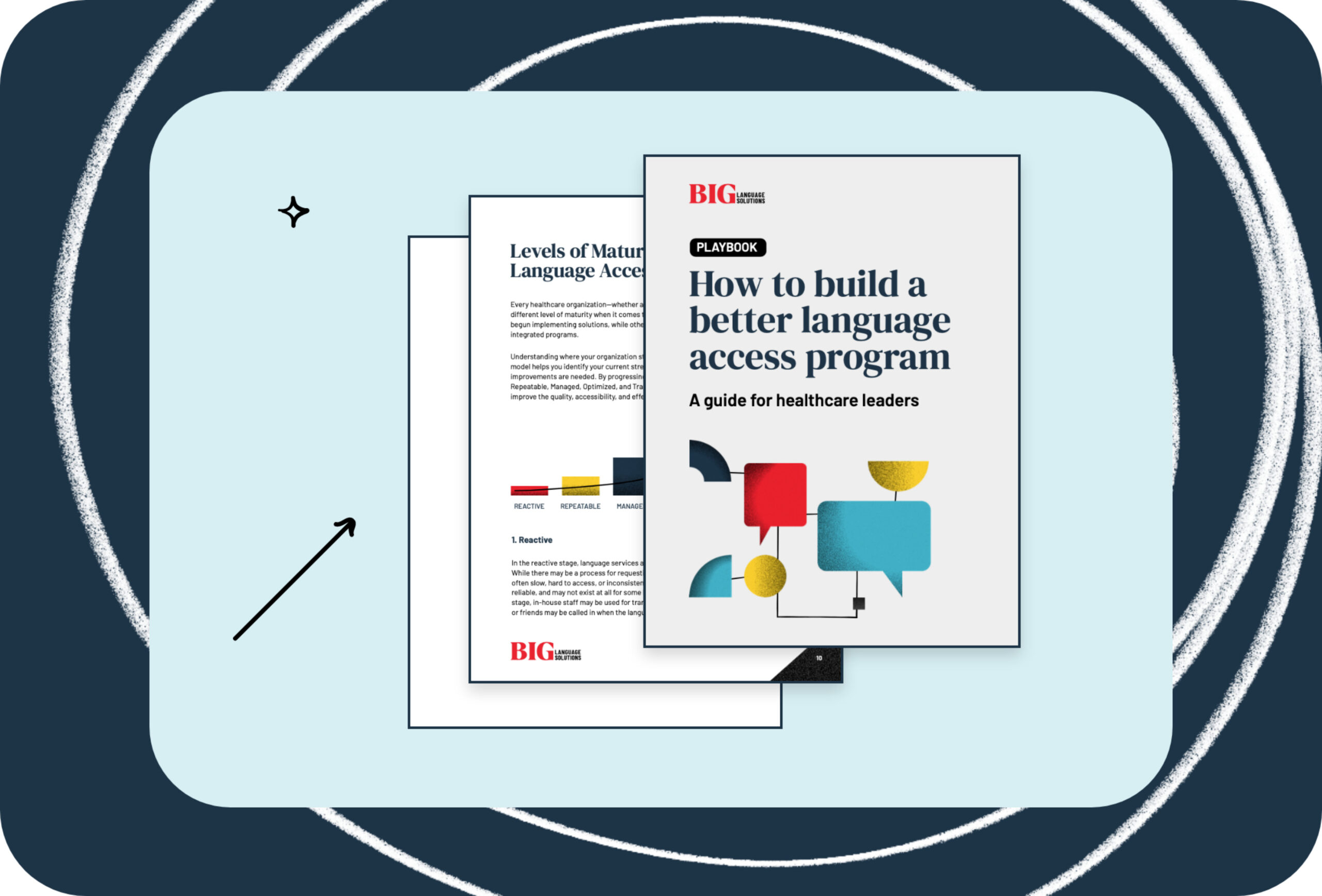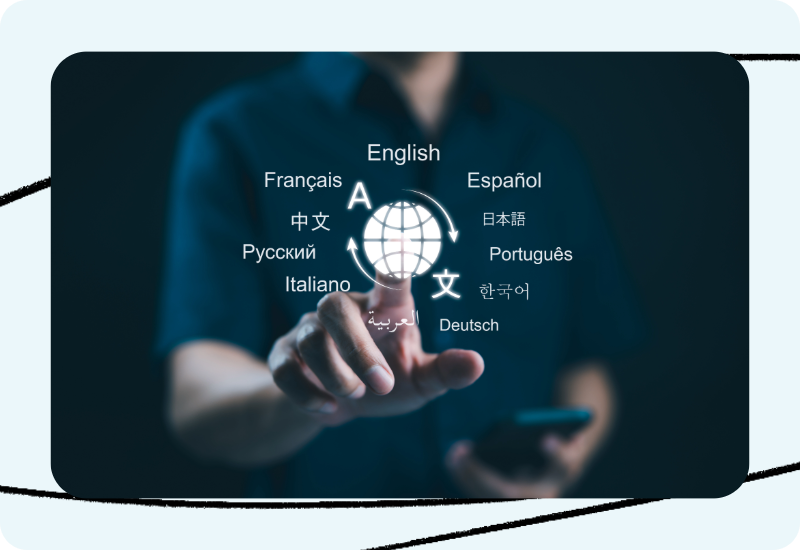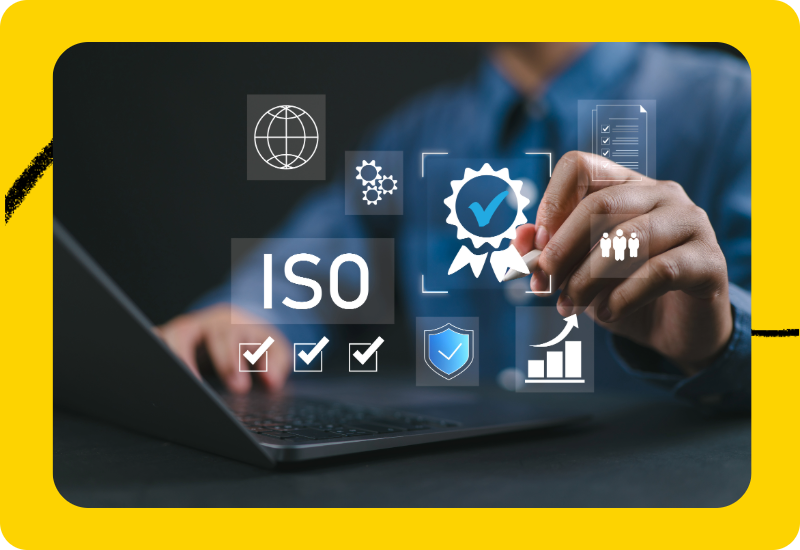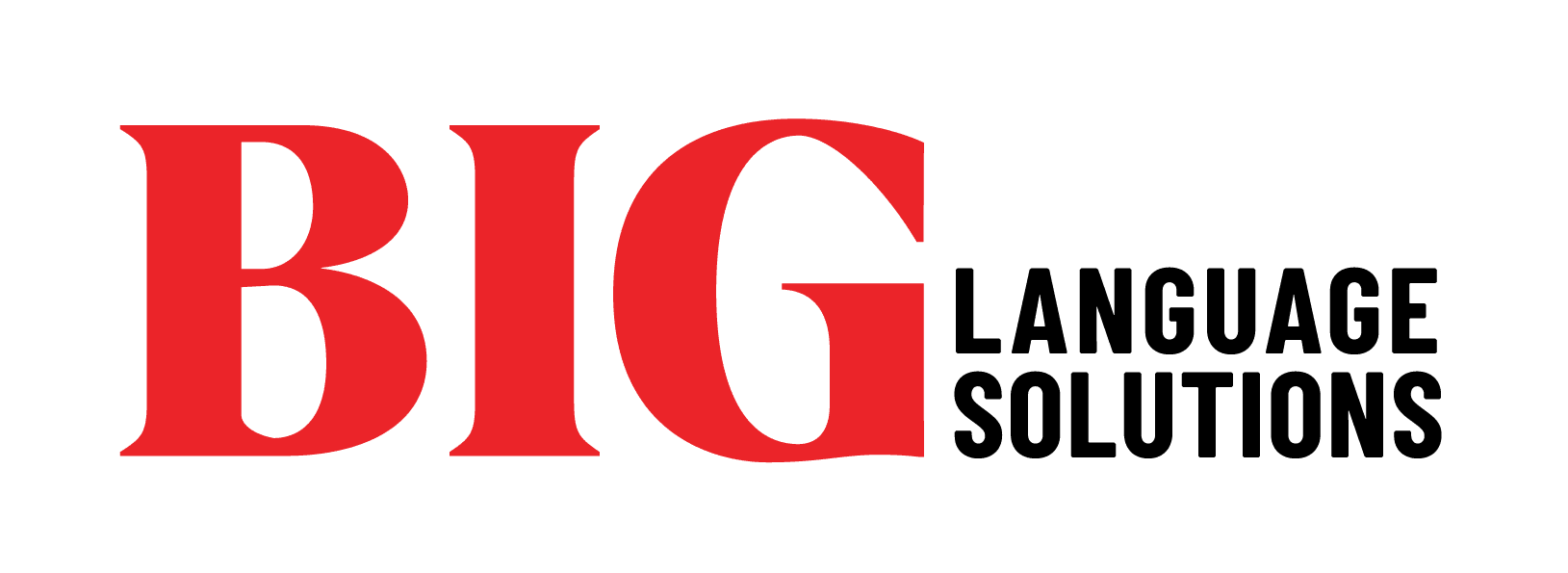Insights
Read our expert insights to understand industry trends shaping the future of translation, interpretation, and language solutions. Our valuable perspectives help businesses navigate communication in any language, with confidence.
LATEST CONTENT SELECTION
Industry Insights

LANGUAGE ACCESS GUIDE How to Build a Better Language Access Program: A Guide for Healthcare Leaders Effective communication is essential...

AI, Automation, and the Future of Language Services: A Conversation with Dan Nelson
Global enterprises of all types have long struggled to provide language services quickly and accurately enough to those who need
Explore by Interest
Explore by Industry

How We’re Using AI to Make Interpreter QA Smarter, Faster, and More Scalable
Discover how AI-powered QA helps BIG improve interpreter performance with broader coverage, smarter insights, and real-time oversight.

4 Common Misconceptions About Offshore Linguists and How They Might Be Holding You Back
Geography shouldn’t limit quality in language access. Relying solely on in-country interpreters can restrict availability and delay service. By tapping

How Payors and Health Systems Can Meet CMS’s 7-Day Deadline with a Smarter Translation Workflow
Starting Jan 1, 2026, CMS cuts prior authorization timelines to 7 days. Learn how payors and health systems can deliver

Language Access in Transition: What Recent U.S. Government Policy Changes Mean for Your Organization
Recent U.S. policy shifts are changing language access. Learn what it means for your organization and how to stay accurate,

Quality You Can Count On: How BIG Delivers Consistently Accurate Translations
Discover how BIG delivers consistently accurate translations with ISO-certified processes, expert linguists, and a focus on compliance.

More Than Translation: How We Help CROs Navigate EU MAA Submissions with Confidence
In the high-stakes world of EU Marketing Authorization Applications, language is critical to regulatory success. BIG Language Solutions partners with

BIG Language Solutions Names Abhinav Sharma as Chief Technology Officer to Scale Responsible AI Capabilities
Veteran AI and automation leader joins BIG to drive enterprise-grade AI strategy and accelerate value for global customers.

Helping Asphalion Deliver on EU MAA Success: A Trusted Language Partner in Regulatory Submission
How BIG Language Solutions Helped Asphalion Streamline EU MAA Submissions When global regulatory consultancy Asphalion needed a trusted partner to

STAY IN TOUCH
